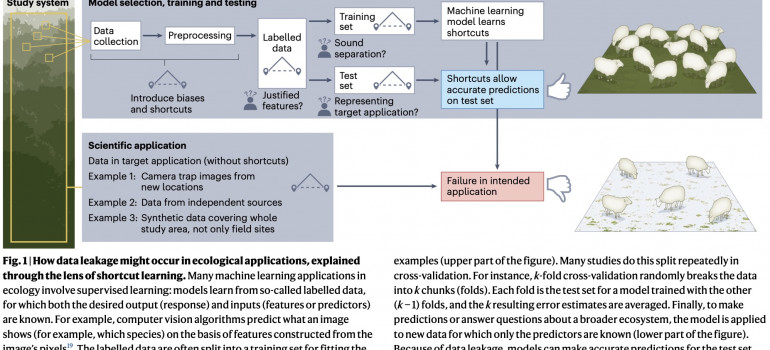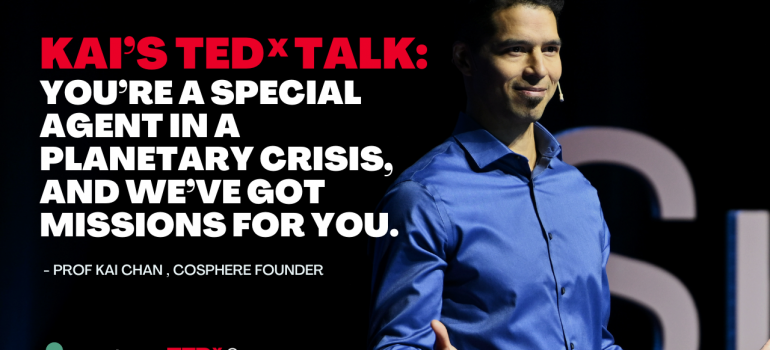CHANS Lab Mission and Research Overview:
Our mission is to conduct cutting-edge analysis and modelling of social-ecological systems, for both fundamental insight and application to real-world practice and transformation–to enable the just treatment of current and future people and the natural world. Our work in the natural sciences focuses on including humans and evolution in ecological research, including modeling and diverse empirical analysis. Our work in the social sciences explores the just treatment of current and future generations, developing novel approaches to management and governance, and informing the relevance of our natural science work. Our lab is addressing the above mission through a diverse set of integrative and overlapping research foci:
- Transformation (interdisciplinary social research examining what motivates and empowers individuals to act in ways that change social norms and systems toward sustainability and equity)
- Environmental Values (social research to understand and leverage values, especially those pertaining to all manner of relationships among people and nature, i.e., relational values)
- Rewilding People and Nature (social-ecological research to understand the effects of restoring top predators, ecosystem engineers, ecological interactions, and whole functioning systems in ways that reconnect people with nature and support ecosystem functions and benefits)
- Social-Ecological Systems (characterization and modeling of dynamics, vulnerability and adaptive capacity)





